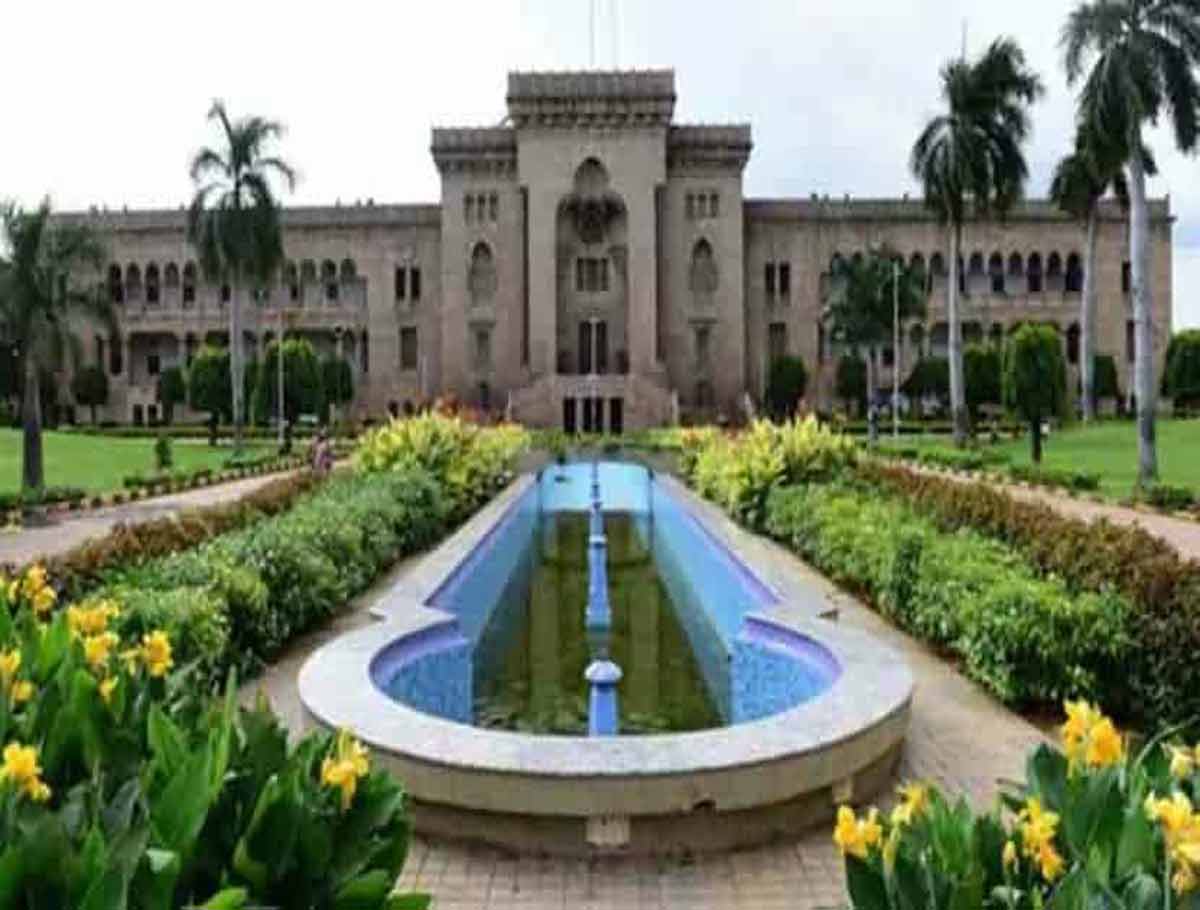Jodhpur/Hyderabad, July 7 (Hydnow): Researchers at the Indian Institute of Technology (IIT) Jodhpur have reinvented the way bio-jet-fuel is made from plant-based biomass, aiding the aviation industry with cheaper, cleaner fuels that can transform the energy sector.
The team developed an abundantly available iron-based catalyst (Fe-Silica-alumina) and utilized various non-edible oils and waste biomass to make the bio-jet fuel manufacturing process profitable, solving a problem that has inundated the aviation industry for decades.
With an estimated daily fuel demand of more than 800 million liters daily, the global aviation sector is incredibly energy-intensive and almost entirely reliant on petroleum-based fuels.
The new plant-based sustainable bio-jet fuels could provide a competitive alternative to conventional petroleum fuels and have the potential to play a big role in greenhouse gas emissions reductions, said the researchers in Sustainable Energy and Fuels Journal, published by the Royal Society of Chemistry, London.
The present study also has great significance for developing aviation fuel under relatively mild reaction conditions, that is, low hydrogen (H2) pressure and high reusability (up to 10 test cycles), using the earth-abundant Fe/SiO2-AI203 catalyst.
The catalyst homologous of nature clay maintains excellent reusability up to 10 cycles (but works will for more than 50 cycles) towards bio-jet fuel.
The results are promising, especially considering the catalyst’s high acidity and unique textural properties under relatively mild process conditions, such as low H2 pressure under solvent-free conditions. The work is also being supported by the Department of Biotechnology, DBT PAN-IIT Center for Bioenergy.
“What is really impressive about our work is the unprecedented bio jet fuel selectivity from biomass using earth-abundant reusable heterogeneous iron catalyst under mild conditions. The process shows not only increased efficiency but also decreased emissions of greenhouse gases in the airline sector, said Dr. Rakesh K.sharma, professor, Department of Chemistry, IIT Jodhpur, in a statement. The future scope of the developed sulfur-free and highly dispersed non-noble metal-based catalyst for biol-jet fuel production is promising.
Scaling up the catalyst production and optimizing the manufacturing process for commercial-scale applications is a potential avenue. further research can focus on process optimization to enhance catalytic activity, selectivity, and conversion efficiency, considering factors such as temperature, pressure, and reaction time. (Hydnow)
Next Story:
Now you can get the latest stories from Hydnow every day. Click the link to subscribe. Click to follow Hydnow’s Facebook page and Twitter and Instagram





